Dr. Gorelik is a surgeon specializing in general surgery. Wearing black cat eye glasses and sporting teal scrubs, Dr. Gorelik spoke to me from her HCA Florida Kendall Hospital, where she works. Surrounded by black and white pictures of medical cases, she talked about her profession. She chatted wearily of the long day and the work still ahead of her, but she still spoke cheerfully about her love of her profession.
This interview has been condensed and edited for clarity.
Tell me about your hours.
It depends on the day. I’m a surgeon, so we have two parts to what we do. We operate, and on those days, it’s really variable because you can have two small surgeries versus five surgeries, where two of them are small, three of them are long. So those days I don’t have a specific end to my shift. It’s whenever I’m done. The other days I work in the office where I see patients before I operate on them, and I talk to them about surgery. Those days are more set because the office is only open from 8am to 5pm.
Even though you have very long hours, do you like your job?
I love my job. There’s nothing else that I’d like to do, and if you were to ask me if I would do it all over again, I’d say yes.
What’s your favorite part of the job?
My favorite part is the oncology cases that I do, which means people who are battling cancer. I feel that I make the greatest difference in their lives. I think that surgery is important for everybody. Some people don’t have cancer, but they live with pain and, obviously, you’re improving their quality of life. That’s not less important, but I feel that when I do cases on cancer patients, you’re not only improving quality of life, but you’re prolonging life and everything that comes with that.
You said you like your job, but are there any hard parts to it?
Some of it doesn’t necessarily have to do with the job itself, but more the way that the OR [operating room] functions. Sometimes there are a lot of delays. On days when you have a lot of cases and you are getting home late because you did a lot, it’s fine, but on days where it’s just because the team wasn’t functioning cohesively, that gets really frustrating. That’s one hard part from the standpoint of operations day to day. The other tough part of this job is when you have complications or when patients are sick and losing people. That’s really emotionally draining. Thankfully, I don’t deal with very sick groups of patients normally, so I don’t get to see it that much.
Do you feel that you have a good work/life balance?
No, not really. I don’t have the best work/life balance, but some of it is by choice. I think I’m still early in my career, so at the beginning of your career you always try to do more to get more exposure, to get more training, and to get more experience. I definitely work more than I don’t, but I think that in the future, once I build a practice that is independent and functioning on its own, I can probably have a better work/life balance.
Even though you don’t have a good work/life balance, is there something you like to do outside of work?
I have two large dogs that I like to play with when I’m not busy when I’m at home. I also foster kittens on the side. I’m part of a rescue group, and usually, I have l at least two or three kittens in my house at one point.
Being a doctor entails many things. What do you think are the qualities of a good doctor?
I think that a good doctor should be empathetic. I say empathy rather than compassion because empathy, to me, is being able to visualize yourself in that person’s position. My grandparents, who are all gone now, had a lot of health issues, and I’ve seen a good share of doctors. I’ve been able to, through personal experience, see good bedside manner: people who cared versus people who didn’t care. That made me who I am today with my patients. We’re surgeons, so we don’t get involved in other aspects of their health, but just seeing them as a whole rather than just focusing on one part, I think it’s important as well. It leads to better outcomes.
When did you realize you wanted to be a doctor?
I always wanted to be a doctor. Going into undergrad, I already knew I wanted to be a doctor. My grandpa was a doctor, so I was on that path, but as a surgeon, I wasn’t committed to surgery at that point. I chose that path in med school. I rotated in my third year. I was rotating on surgical rotations, not just surgery, but OB/GYN, and I realized that that was my passion.
Why did you choose surgery?
For many reasons: I used to play the violin, so I like working with my hands. The more important reason is that you have immediate gratification. You see the problem. You fix the problem, versus following someone over time to fix the disease. I like that immediate solution to people’s problems.
Did you ever doubt that you wanted to become a doctor?
Of course. I think we all go through those periods in our lives when things get rough. You get a bad grade or you don’t do as well as you can on a test, and you’re like I shouldn’t have done this. General surgery residency is pretty grueling. You’re tired a lot and you’re emotional. There are times when things aren’t going your way, or your patient had a bad outcome, or you didn’t do something right in surgery, and someone is mad at you, and you start doubting yourself. But ultimately, once the shock of the moment goes away, you realize that’s exactly what you want to do.
You chose this career. Do you think there are enough women in surgery?
We’re getting better. There are more women in surgery now, but there’s still a lot of challenges. I don’t know the exact percentage of women versus men in surgery as a whole, but in residency programs, women make up over 50%. I think that that’s going to continue to grow.
What challenges do you think women in surgery face?
I think that it’s institution dependent. The general perception of a surgeon, that I think is going away right now, is an older male. Women are sometimes seen as emotionally weaker and are not necessarily given the same respect. It’s challenging with patients because when a woman walks into a room, this happens to me a lot, they automatically say the nurse is here, and I have to re-educate them and say that I’m their surgeon. Sometimes you’ll see shock on their face, but you learn to live with that, and nothing bad comes out of that. Going away from patients and talking about colleagues, I think that sometimes women are not given the same perks. The same compromises or sacrifices that are made for a male surgeon might not be made for a female surgeon. I don’t want to generalize this and say that it’s like that everywhere. I think that it’s institution-dependent, but overall it’s getting better and better.
Do you have any advice for aspiring girls who want to be surgeons?
Do it. It’s an amazing career. It’s very difficult, so you have to make sure that’s where your passion lies. Always keep reaching for that dream. Don’t let the stress of the education and the residency pull you away from it because, at the end of the day, it’s worth it.
You must have had someone help you on your medical journey. Did you have any mentors?
I had mentors in med school, and I had mentors in residency. In med school, the person I rotated with, in my third year, where I fell in love with general surgery, was an amazing surgical oncologist. He didn’t have any residents, so it was just him and me. He let me do a huge amount of surgery, and he treated me like a resident. I got amazing exposure. He absolutely loved his job, so I saw that. I left that rotation feeling really comfortable with watching surgeries and performing surgeries as well.
Is anybody else in your family a doctor that inspired you?
My grandpa was an endocrinologist in Ukraine, and he was an amazing doctor. It’s a little bit of a different world there. Doctors did home calls. Even though my grandpa was an endocrinologist, he did everything. He delivered babies. His patients loved him. Medicine there is not a business. It’s a calling. People truly respect physicians, and it’s a very close relationship between the doctor and their patient. When I was little, I would go around with my grandpa sometimes and I got to see all that. I just had a very positive outlook on my career.
What are your plans for the future of your career?
I’m busy, but I’m still building my practice. I have a passion for colorectal surgery. I really enjoy those cases. I’d like to focus more on that. I’m doing resident education, specifically for robotic surgery, and also trying to develop a better work-life balance.
Is there anything that I haven’t asked you that I should have asked you?
One of my opinions is that I do think that women have to work a little bit harder to prove their value, but overall, I think that makes you so much stronger in the end. Women are just better. There’s a study right now showing that female surgeons have better outcomes. I think we have to prove ourselves a little bit more. Maybe try a bit harder, and work a little bit harder, but I think that ultimately makes a better, more rounded doctor.





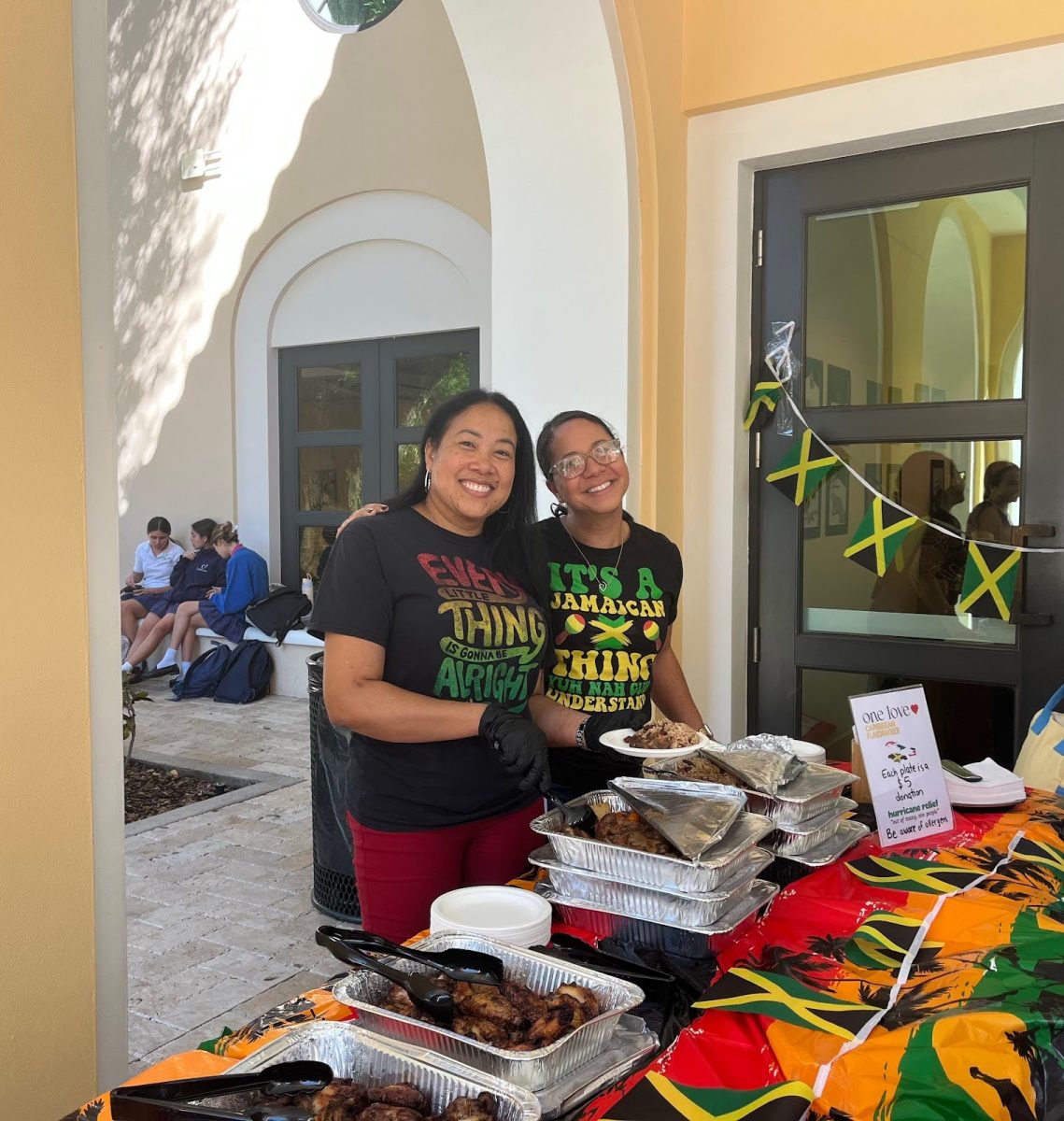
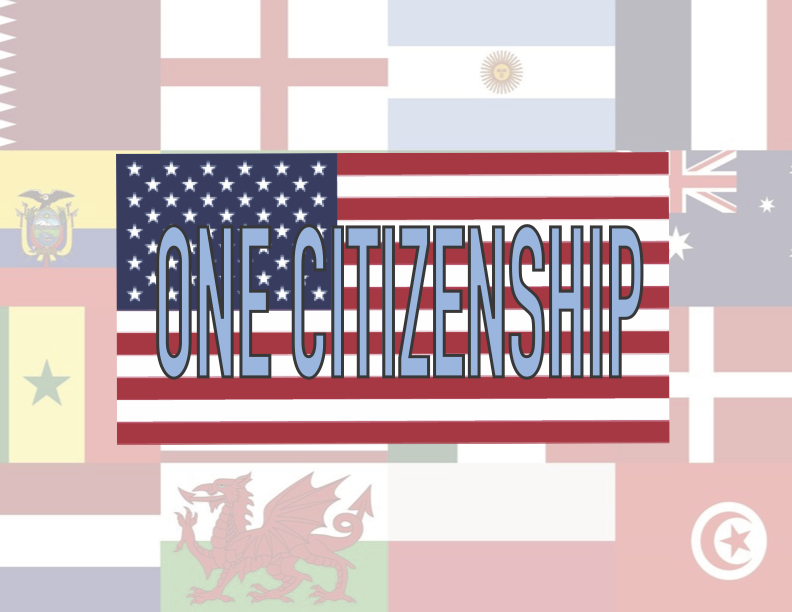


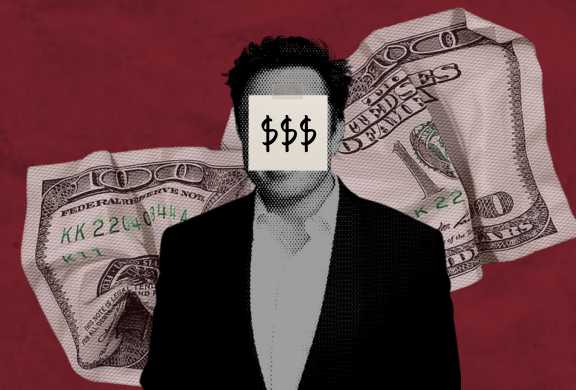






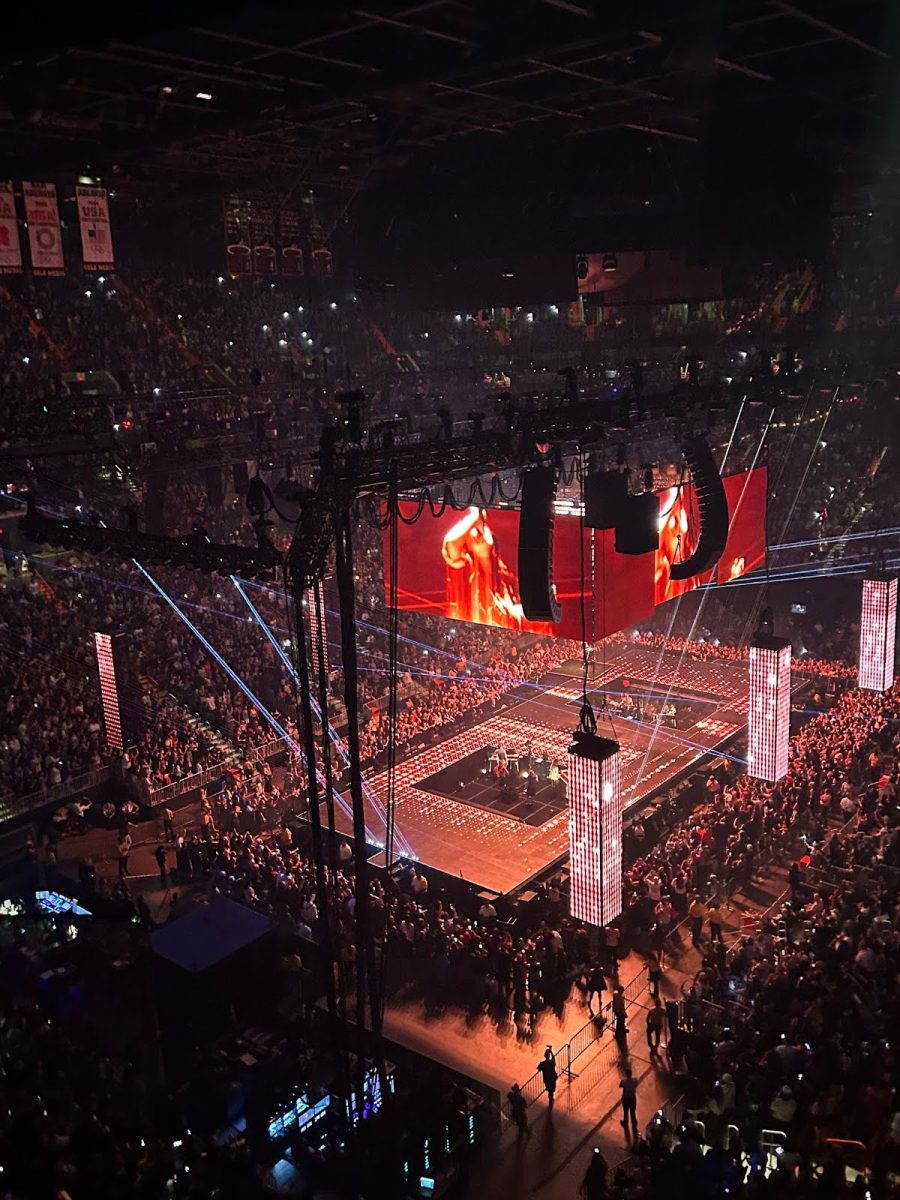


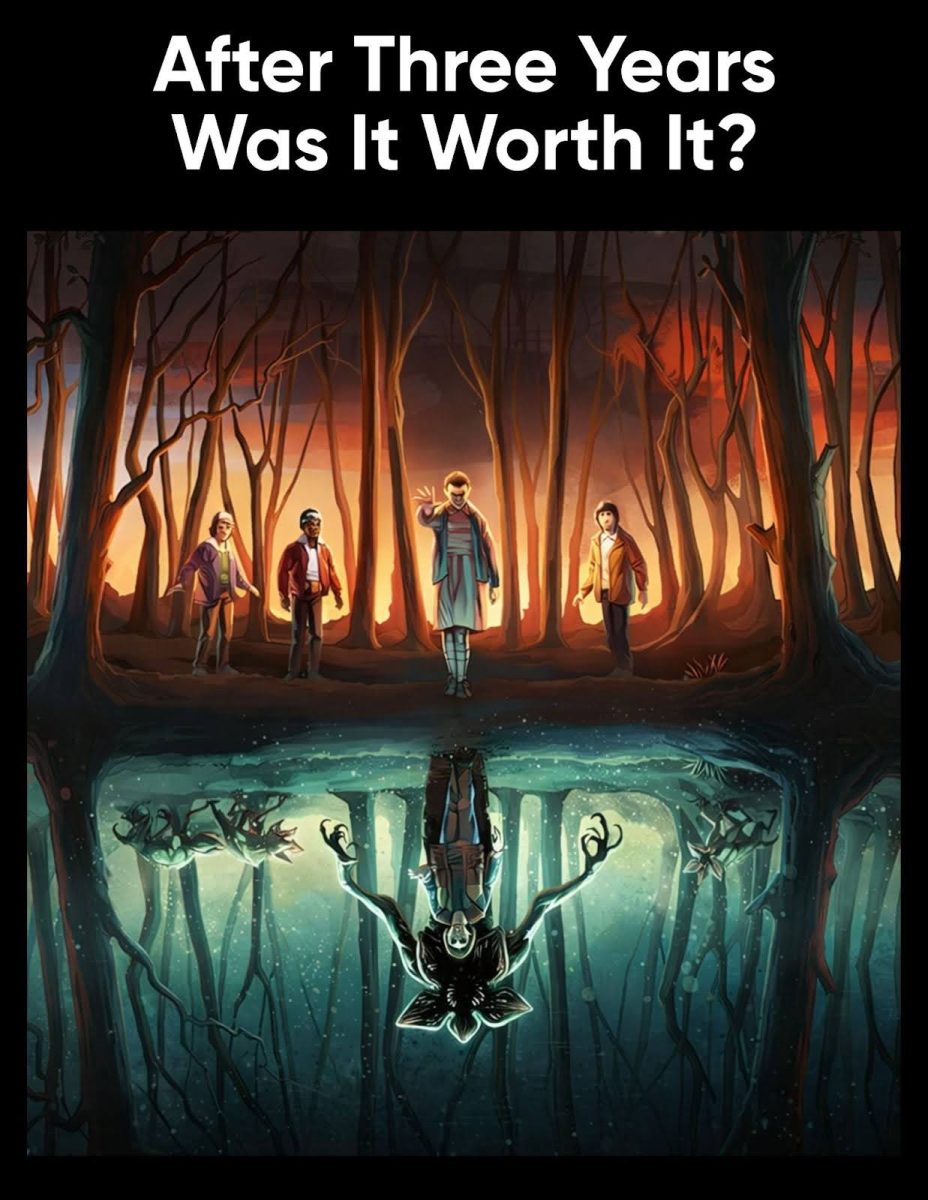

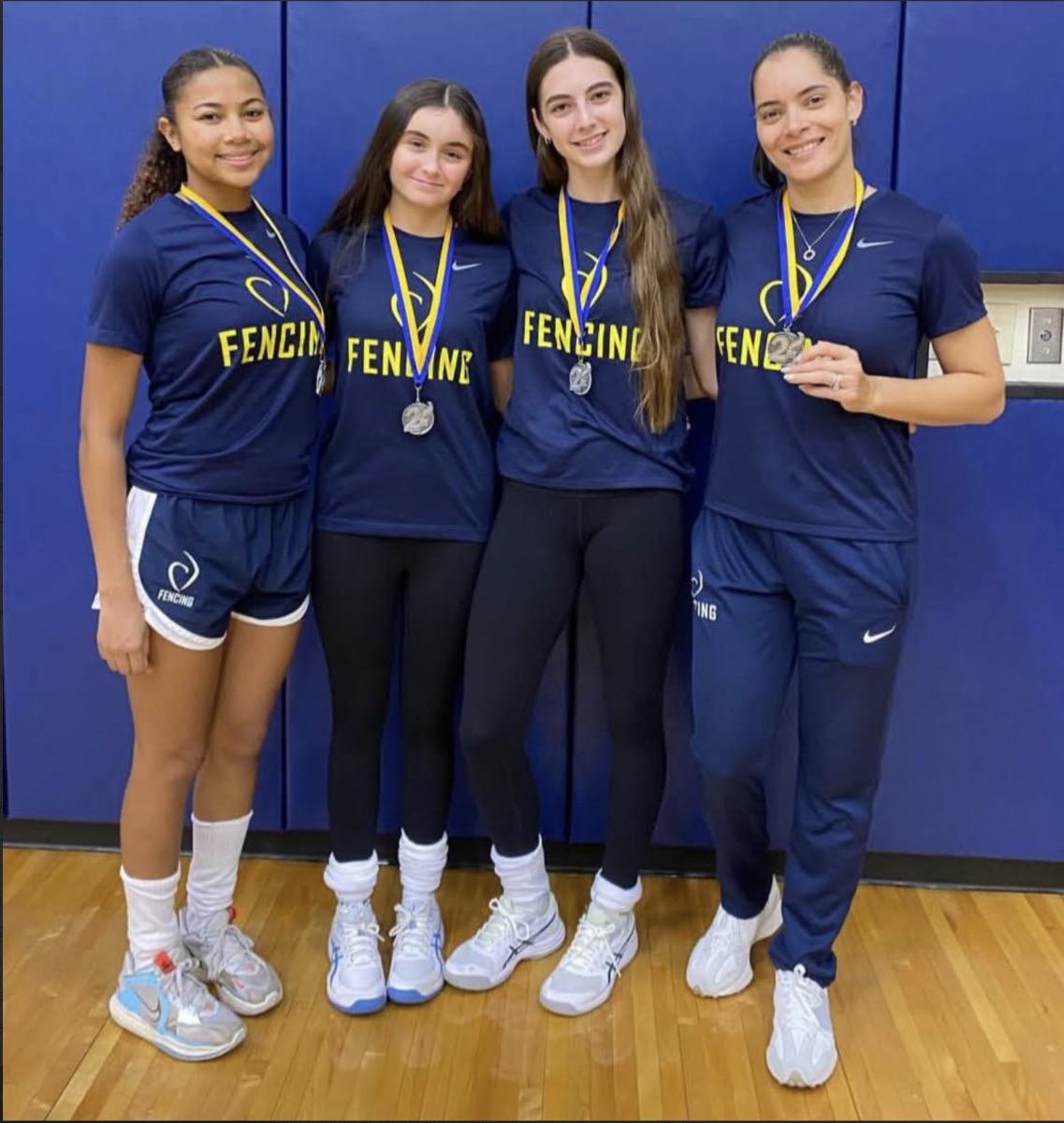
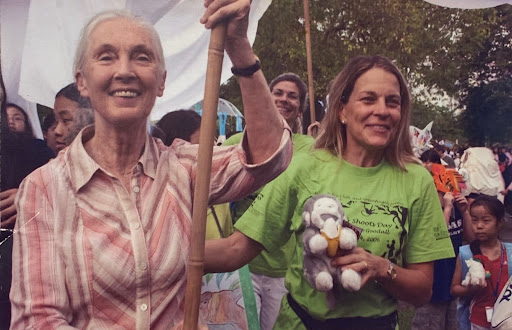
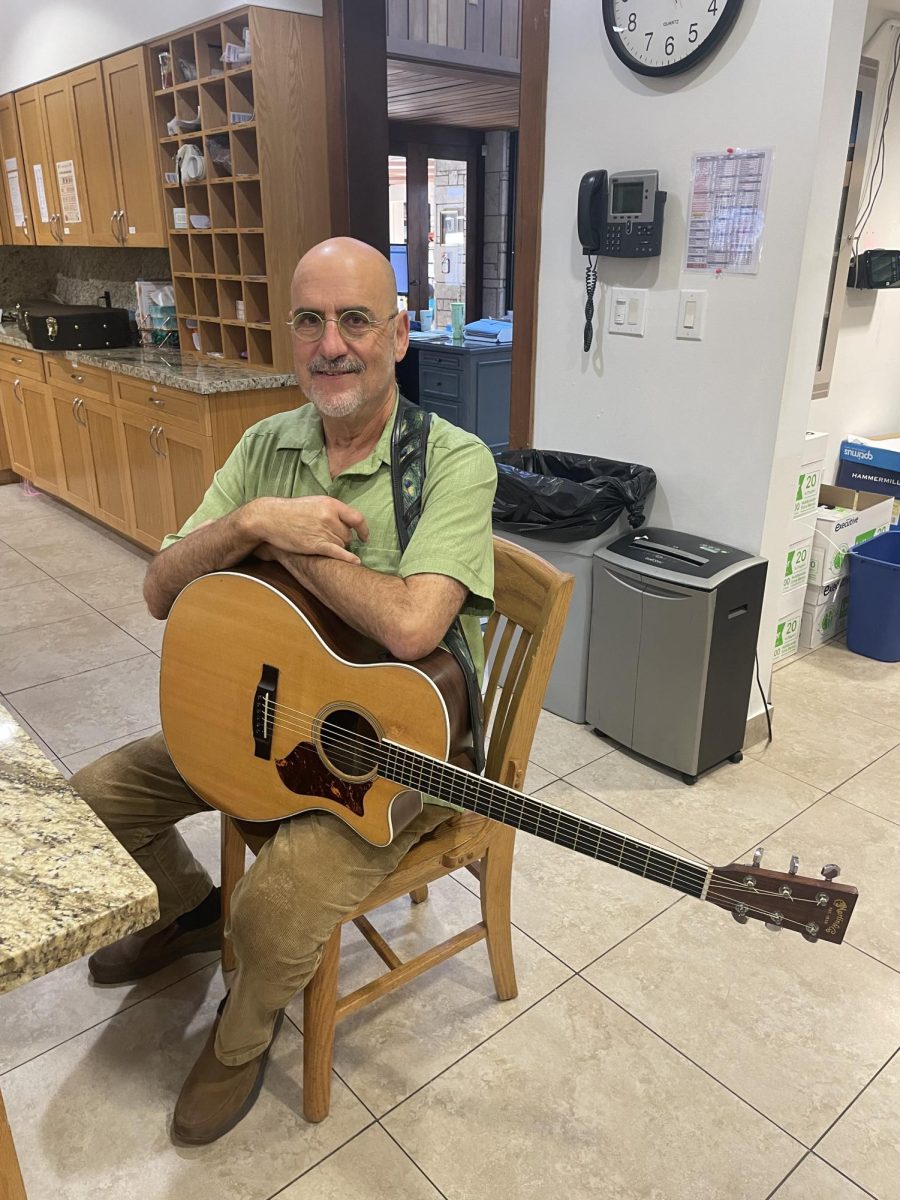
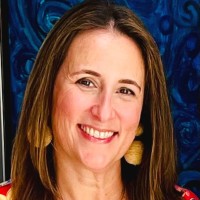
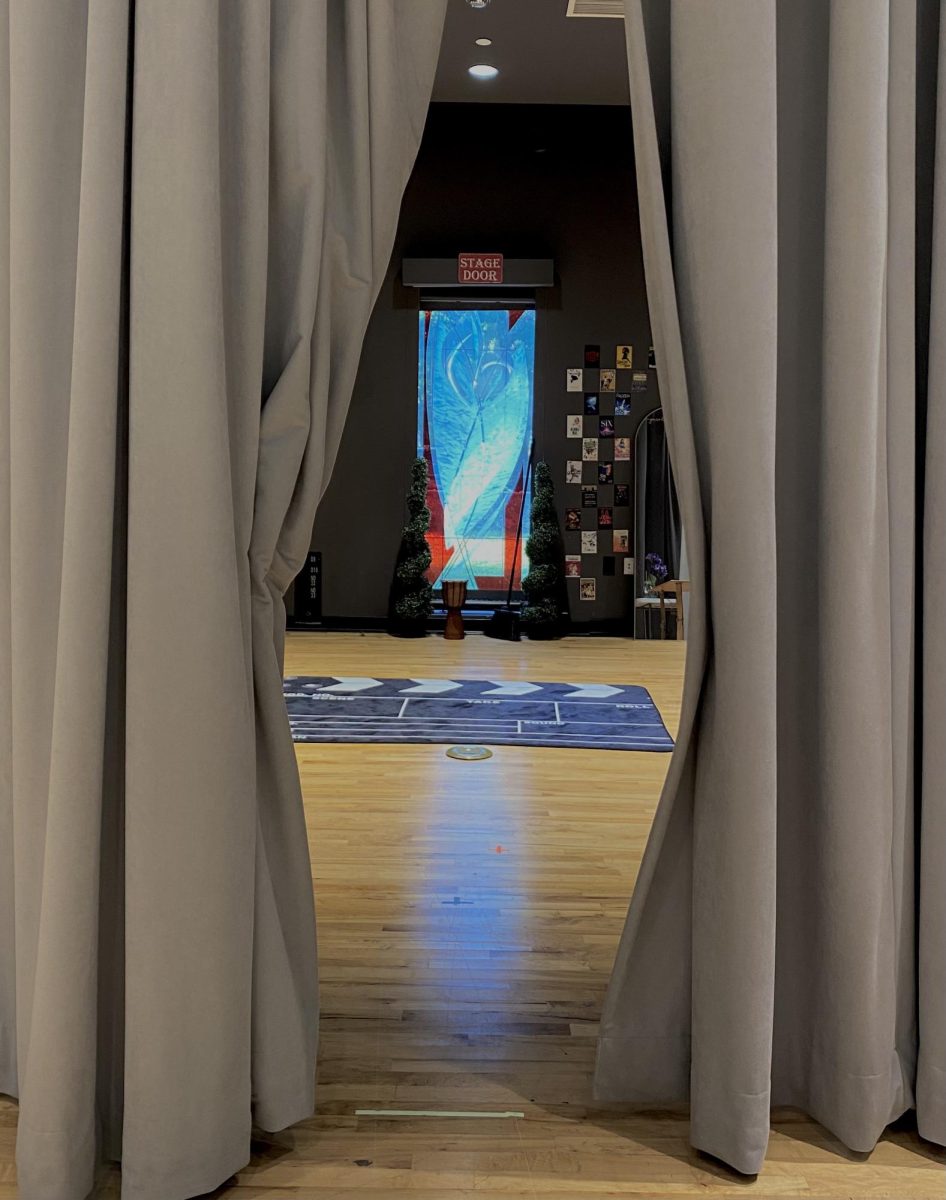


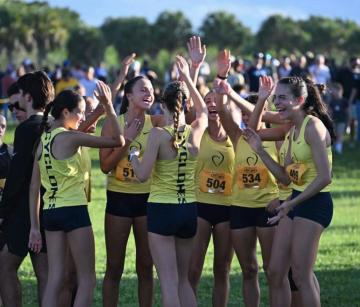

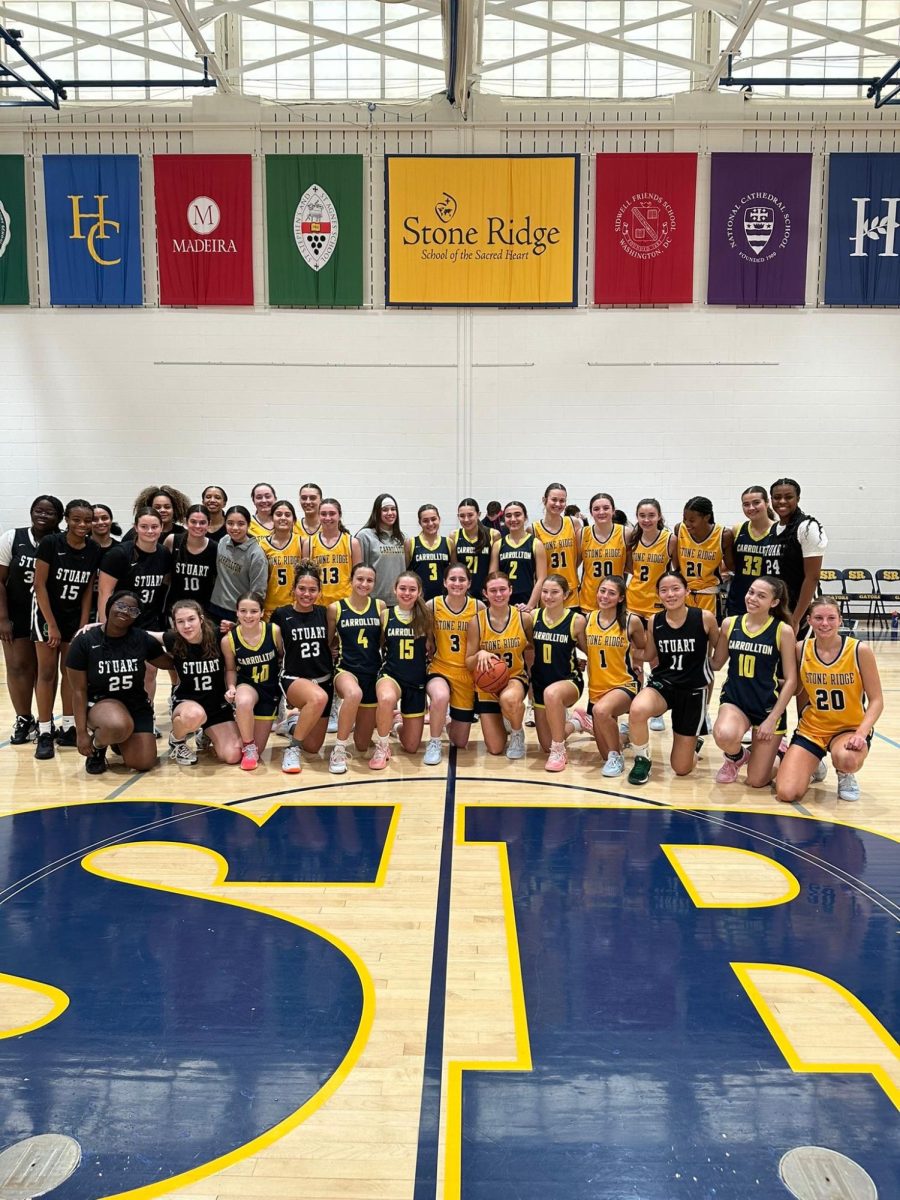

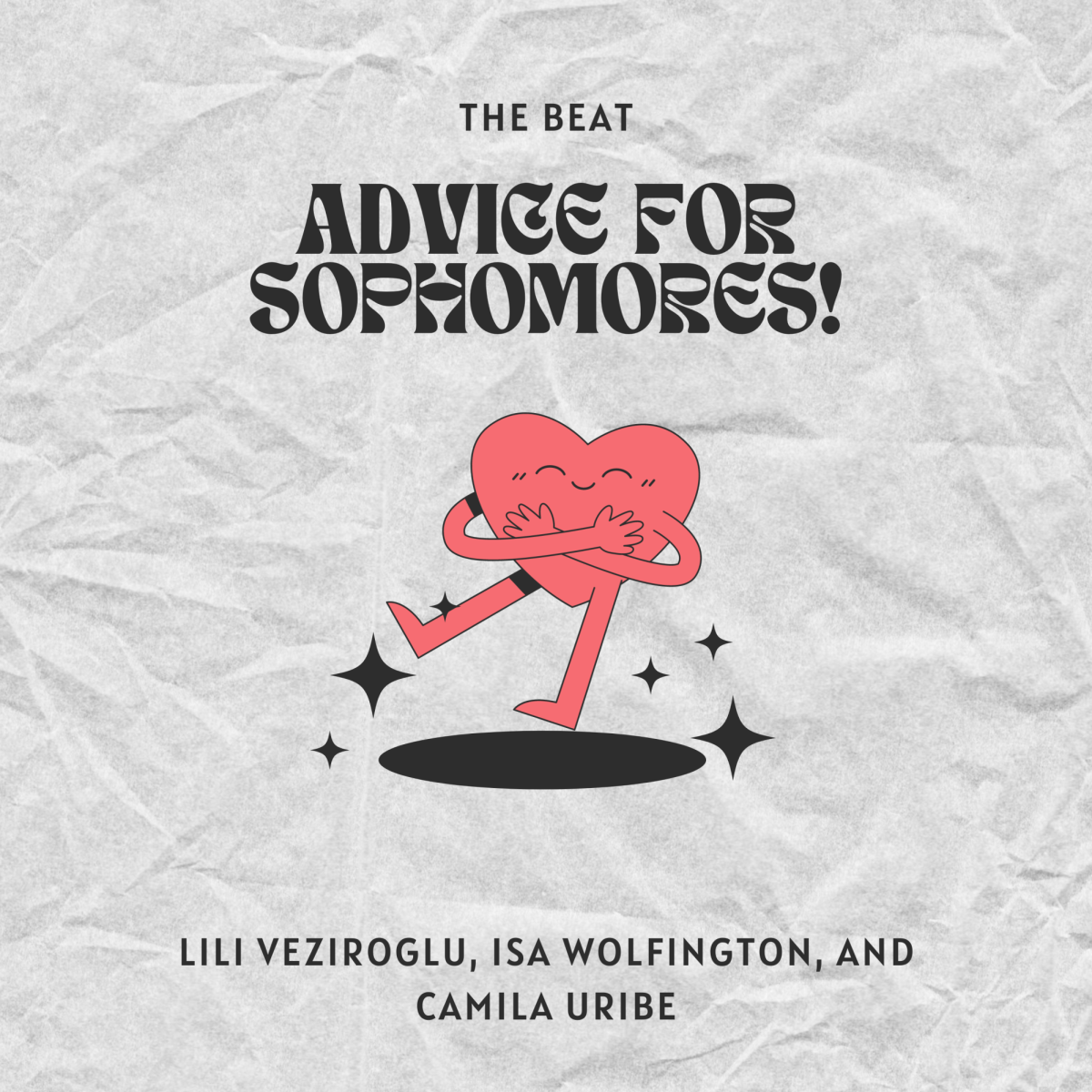



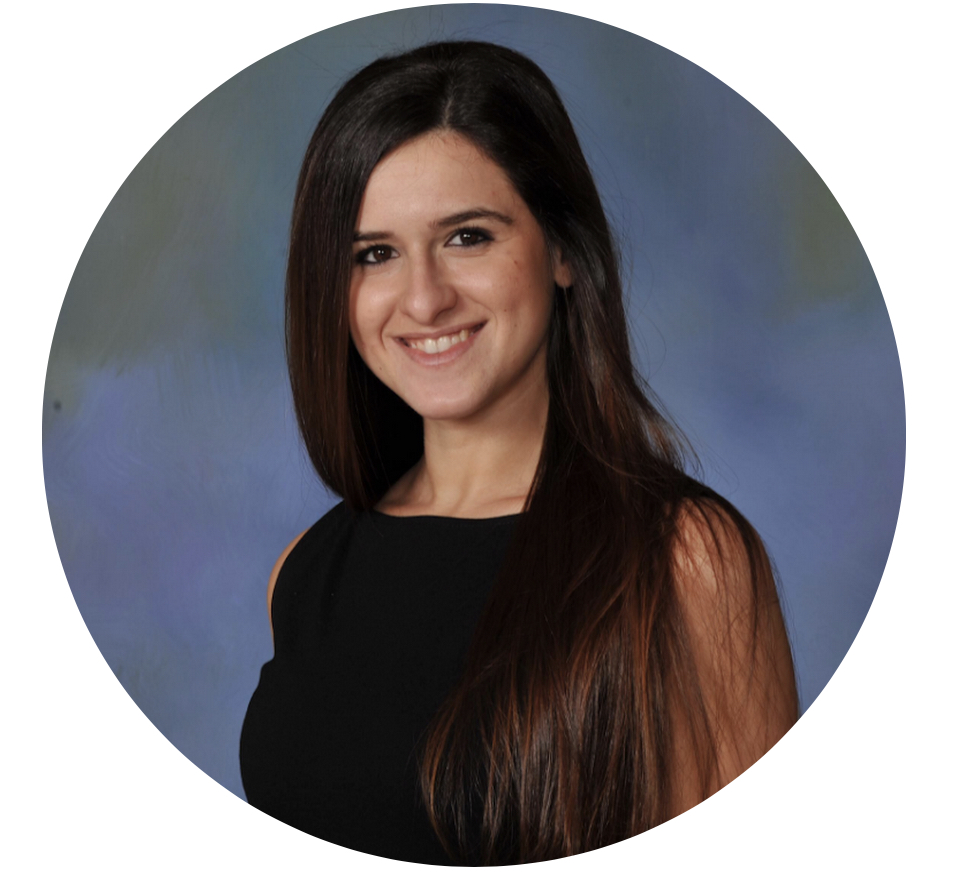
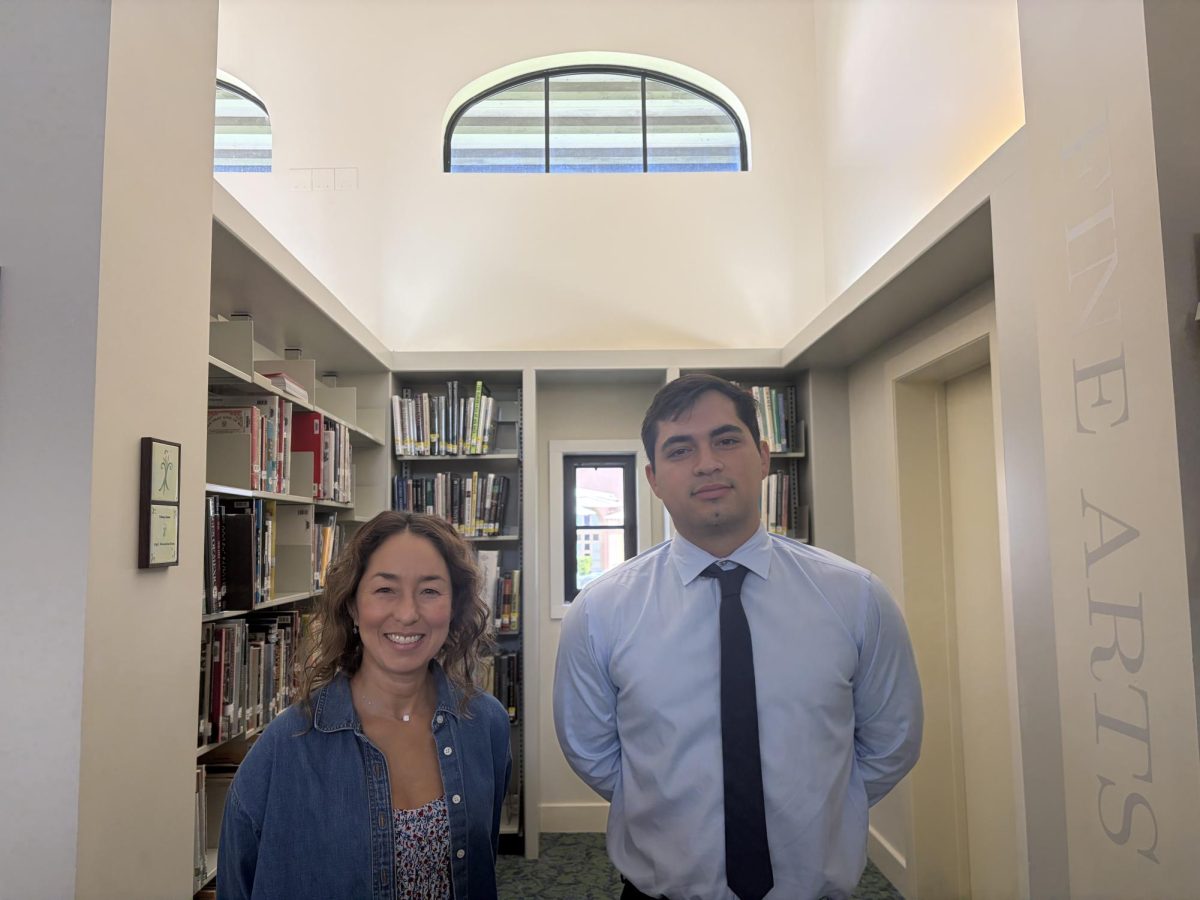
Michelle M Berio Calderin • Oct 16, 2023 at 7:39 am
Interesting.
Ineska Stojsic • Oct 15, 2023 at 1:37 pm
A young female surgeon. Inspiration. I don’t want to be sexist and think that women are better surgeons because of course this can’t be true. However, a woman’s delicacy must serve her in surgery. Women are known to be detailed oriented and surgery seems detail driven.
Amelie Pupo-Mayo • Oct 14, 2023 at 6:15 pm
She is a very inspirational woman 🙂